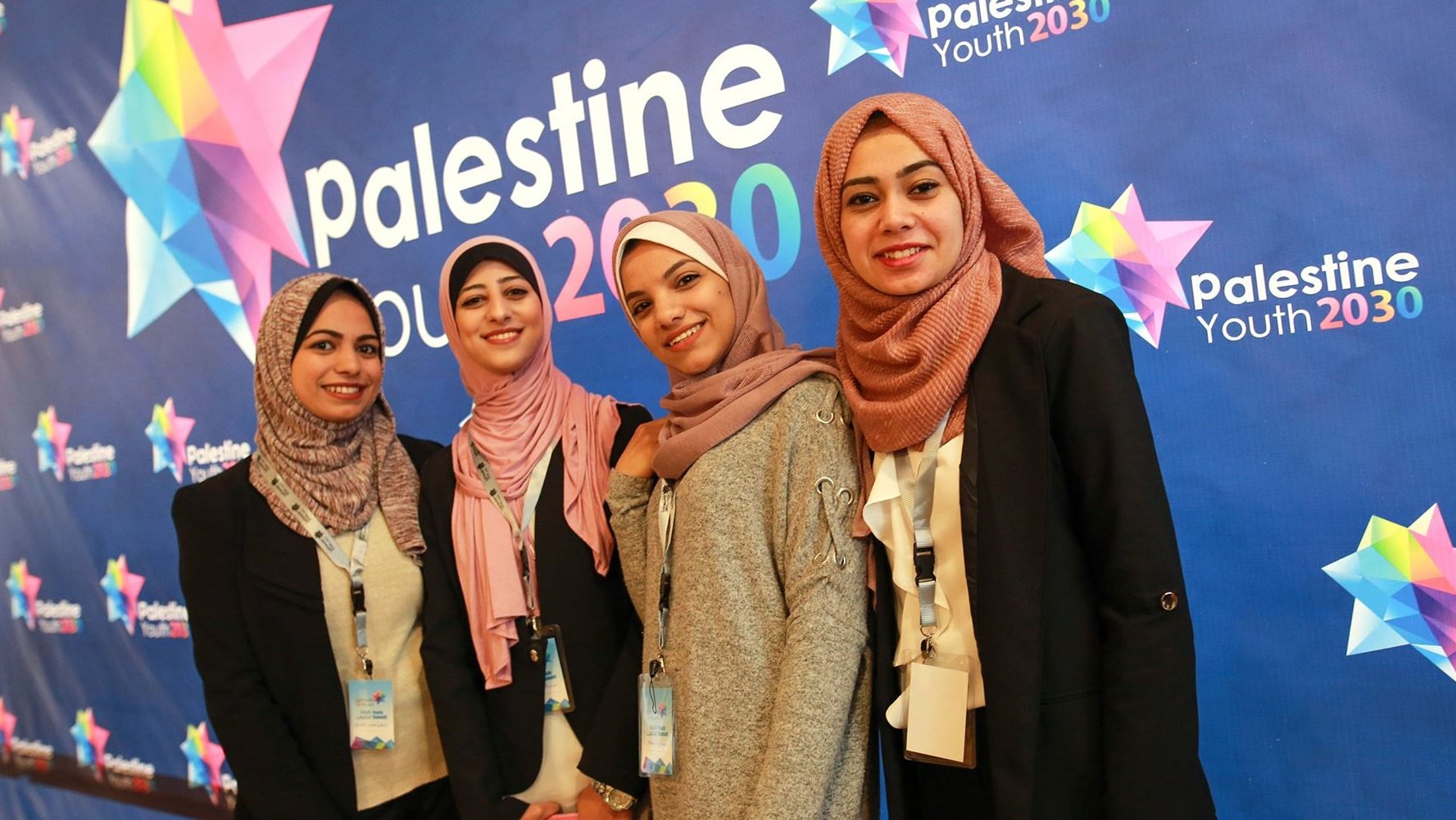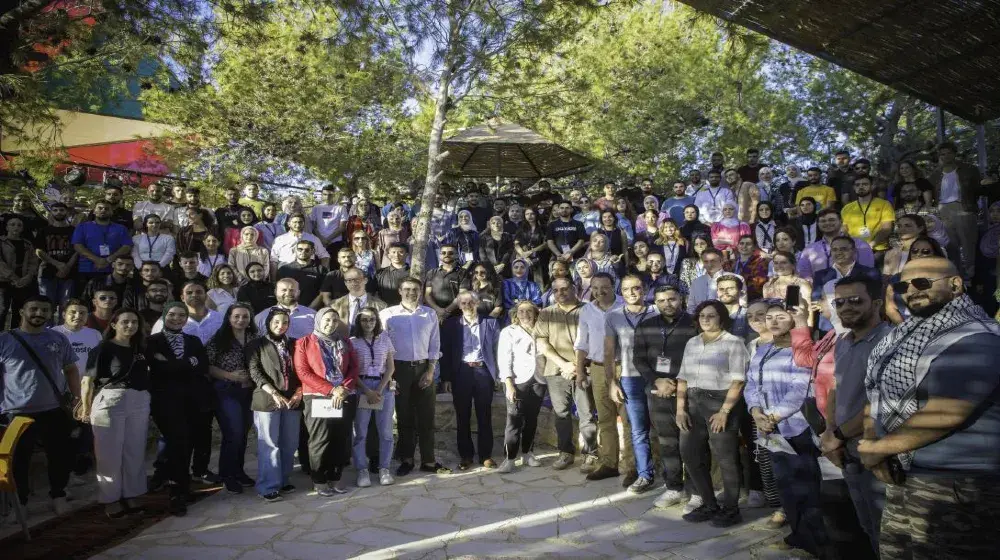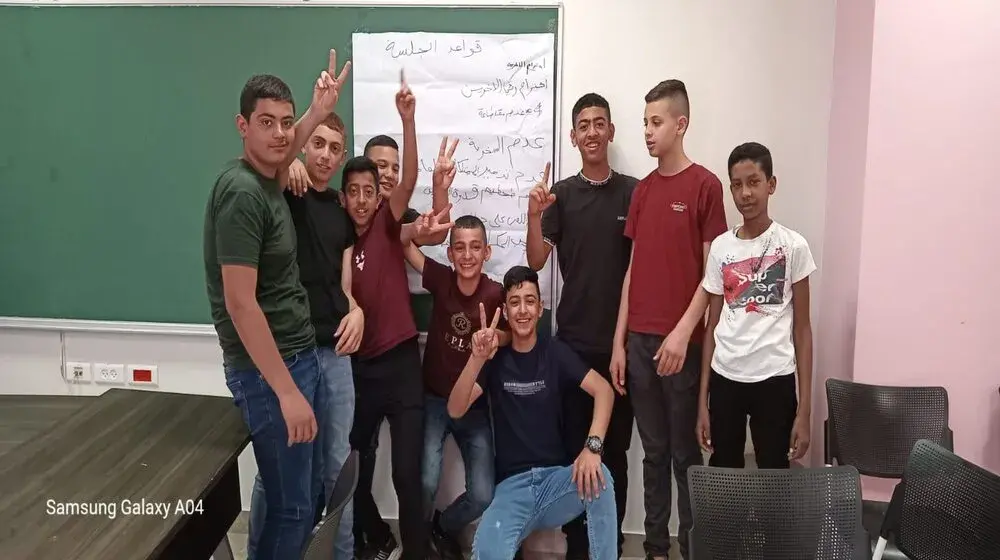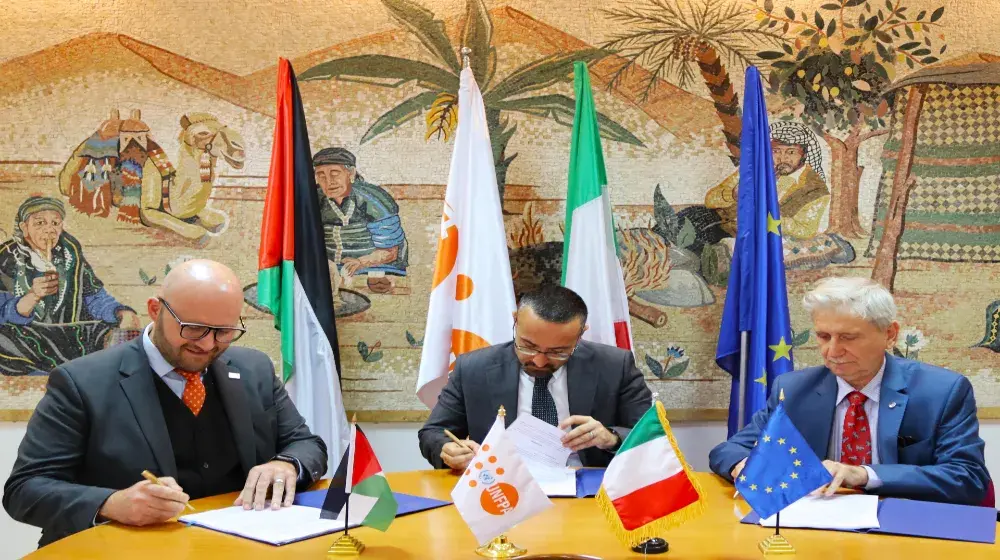YouthLeads
YOUTH LEADS: Youth Political and Civic Participation in Palestine
Young people exhibit a high degree of political disenchantment and apathy after many decades of political marginalization. Young people do not have many entry points for being heard, or for participating in the political process. This has, over the years, led to a gap of understanding between the Palestinian Authority and the nation’s youth. There are few services for engaging young people in political participation, policy processes, and governance activities, and recent crackdowns on freedom of expression – especially on social media – have come to further limit the voice of young people. As a result, a 2015 PCBS study found that only 29% of Palestinian young people living in the West Bank express an interest in participating in a political event. The percentage in Gaza is significantly higher as it amounts to 57%. Indeed, the lack of access to decision-making is reflected also in broader civic life, with less than 1% of youth working in any decision-making position. Furthermore, only 19% of youth stated that they are currently involved in volunteerism and community work. Many youths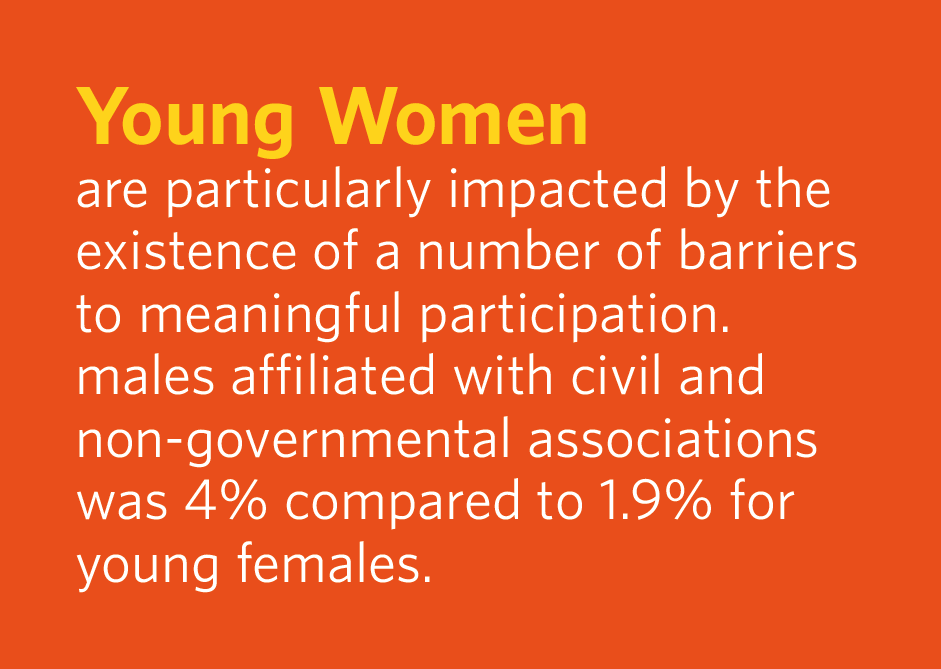
express that it does not feel worthwhile to even attempt engagement in the formal political sphere because their voices will not be heard. This is particularly true for young women, who suffer from multifaceted obstacles that prevent them from engaging in the political sphere, these obstacles include the patriarchal society and the stereotyped social norms that give females a certain role in the community which impedes progress in young female’s inclusion.
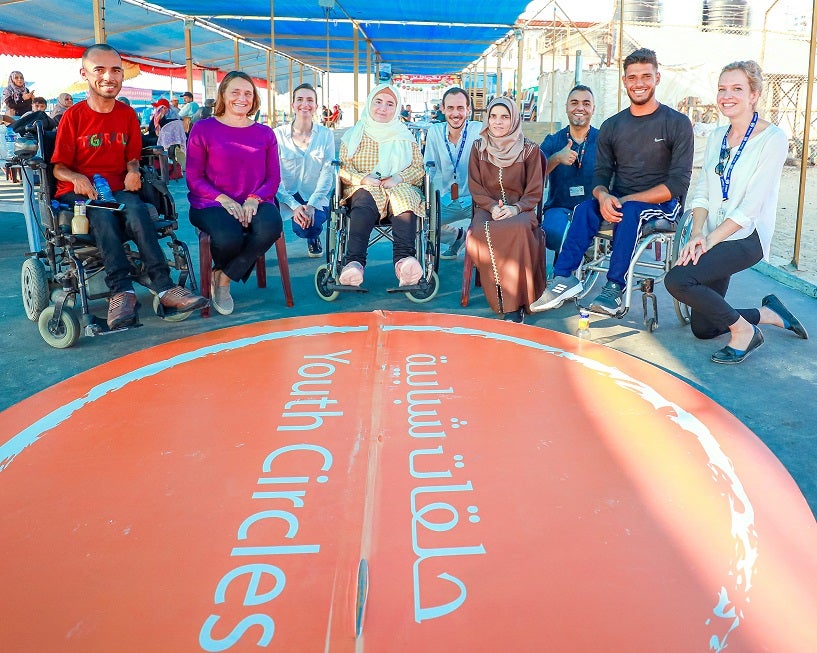
The project achieves this through:
- Personal transformation of youth’s knowledge, skills and attitudes (Capacity Development);
- Collective transformation of the community’s understanding of the youth’s role and importance within the society through campaigning and intercultural initiatives highlighting youth’s leadership and sense of belonging (Contribution); and
- Structural transformation of institutions and policies pertaining to youth issues through policy and advocacy (Enabling Environment).
Youth in Palestine are active participants in, and contributors to society
UNFPA Theory of Change for Youth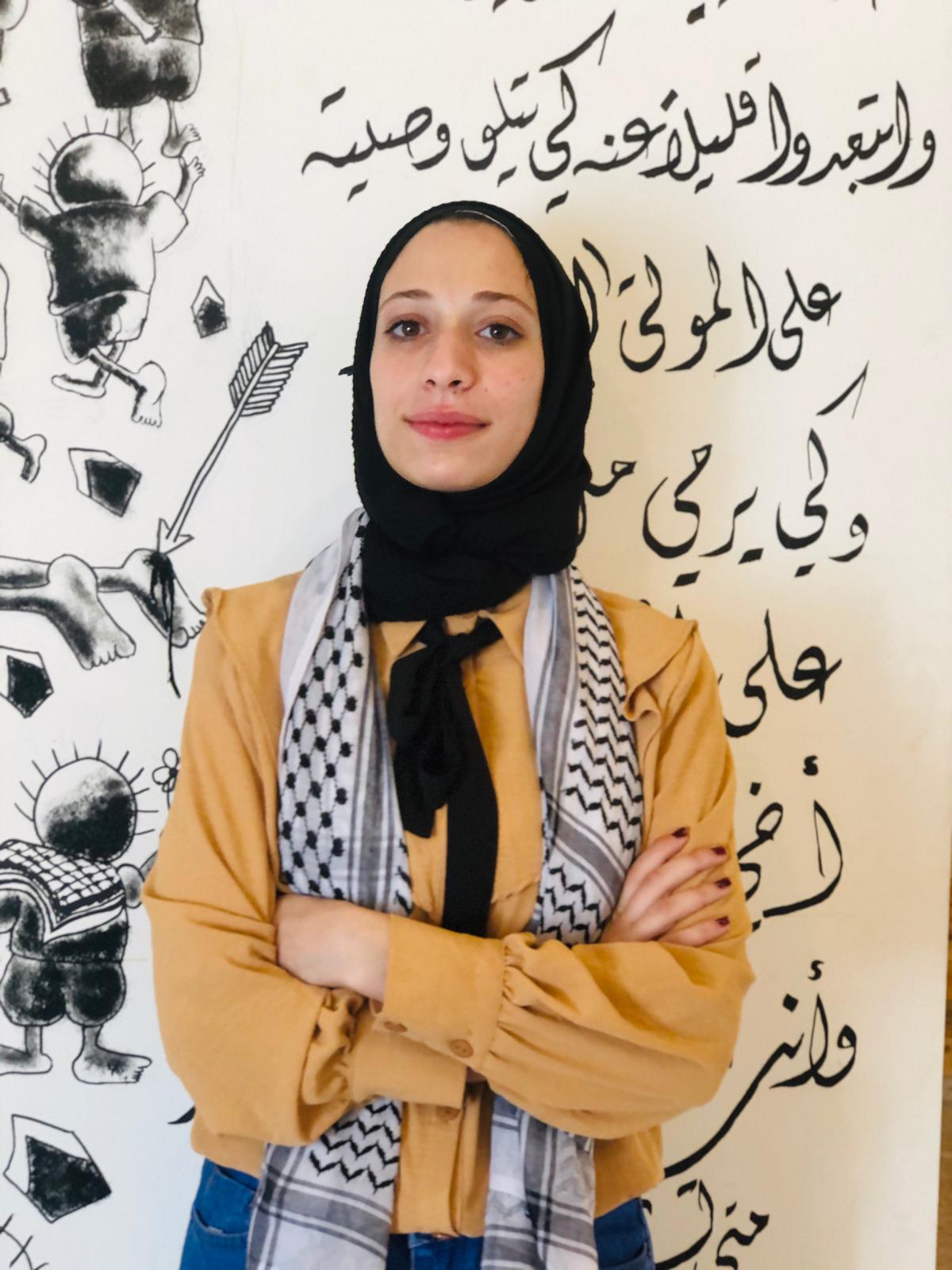
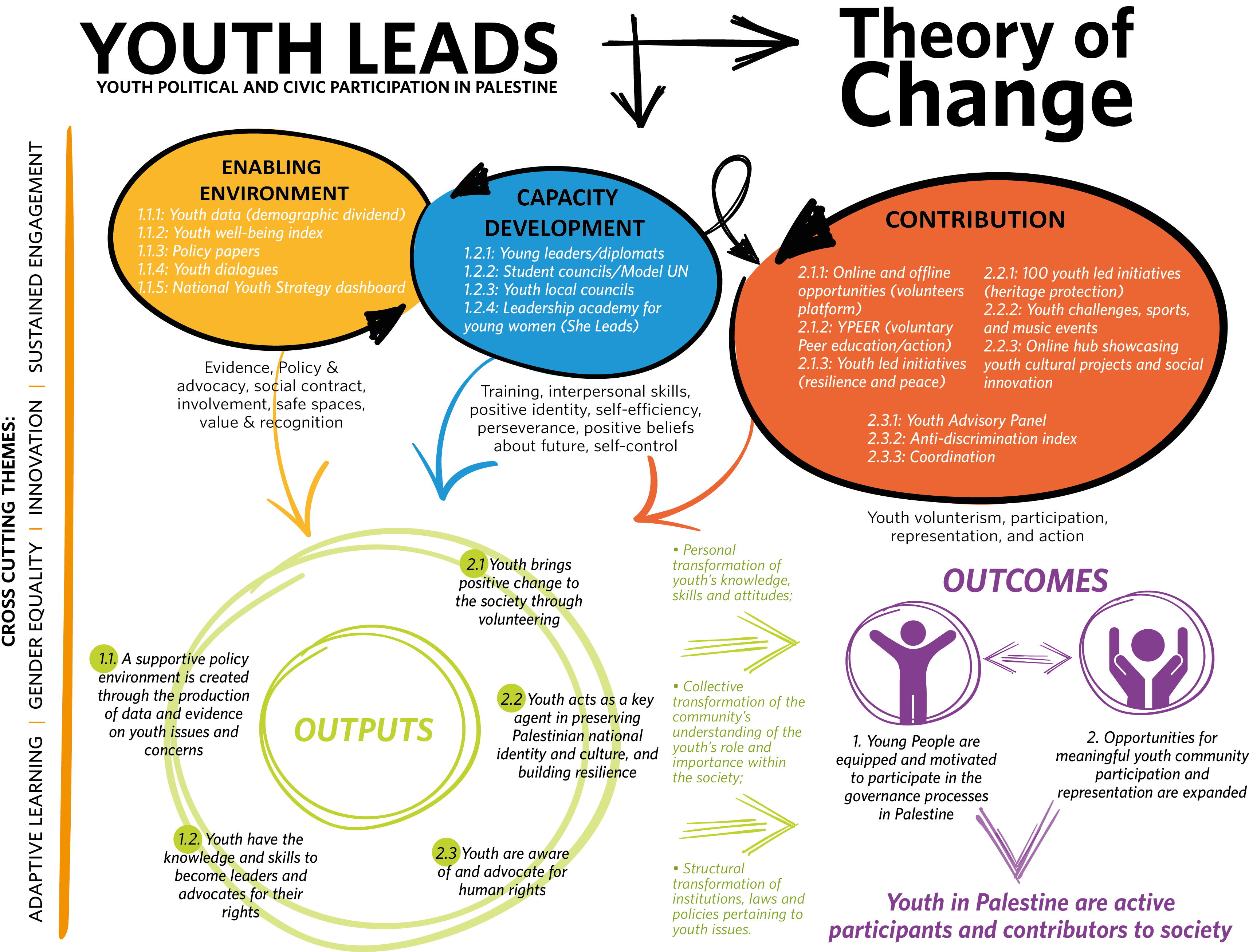
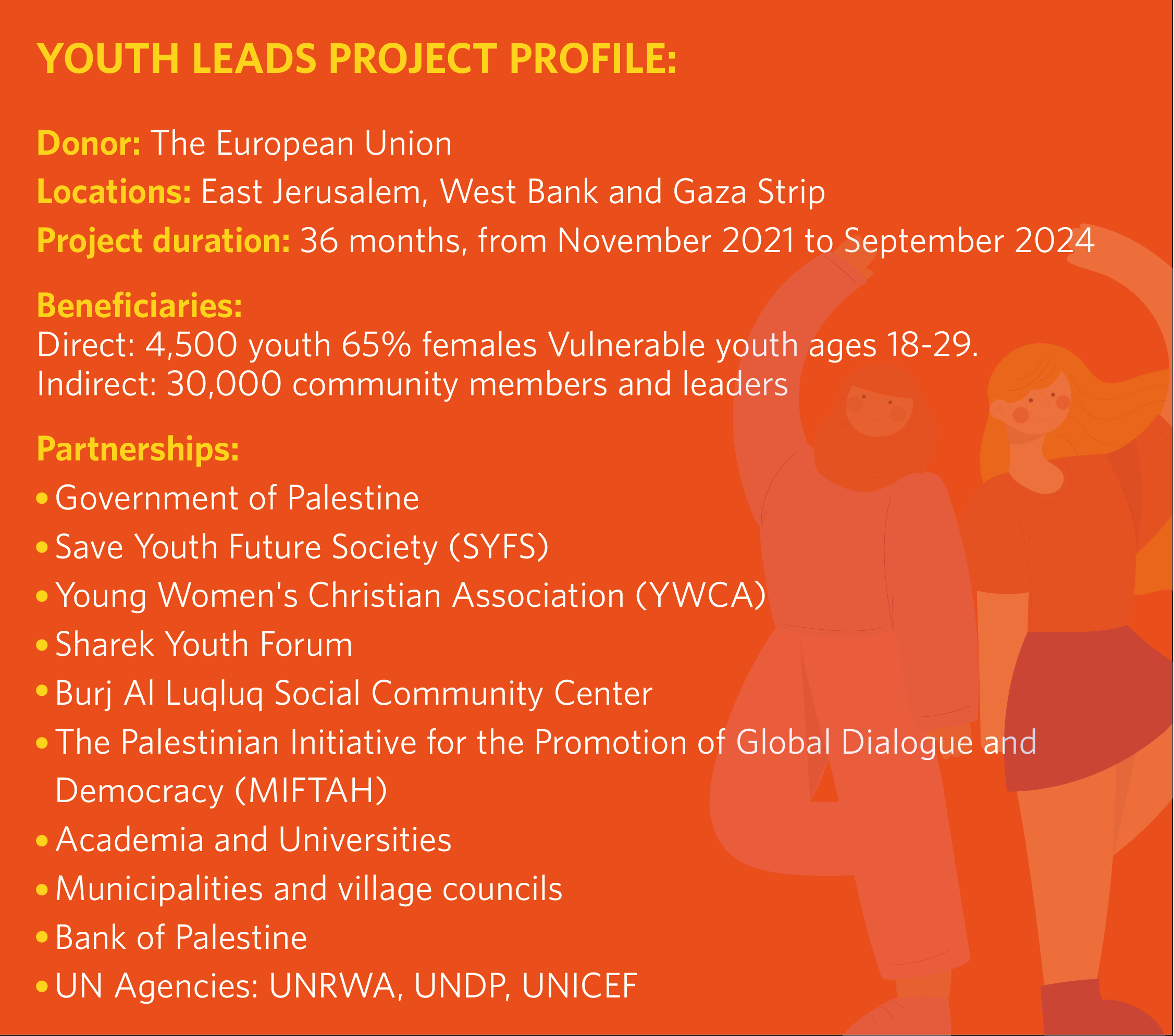
snaser@unfpa.org


